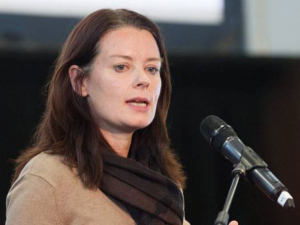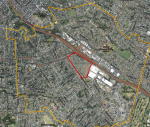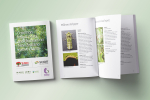The Ministry of Primary Industries (MPI) says controls of movement of fruits and vegetables in Auckland’s Northcote suburb may remain in place throughout winter.
It says on the ground efforts to manage the recent fruit fly detections in the Northcote area continue.
Over the past month, operational activity has stepped up to include placing bait on fruit trees to attract and kill adult flies, in particular females, and the continuation of intensive trapping.
“The risk of finding further fruit flies is still a concern, and the focus on maintaining controls and continuing with baiting and trapping remains a priority,” says biosecurity spokesperson Dr Catherine Duthie.
“Despite the large on the ground efforts, another male fruit fly was found last week in one of the network of fruit fly traps. That tells us we can’t relax any of our efforts.”
The single male fruit fly was found just 80 metres from the last detection on May 10th. There still has been no larvae, pupae or female flies found to date.
The current restrictions on the movement of fruit and vegetables remain in place, and trapping and the collection of fallen fruit in some of the controlled area will continue until 1 July.
“We know that fruit flies are not active over the winter months, which means they wouldn’t find their way into a trap. If there are still any out there, they will lay low somewhere warm until spring, which is when we will again step up operational activities.” says Duthie.
“We are considering retaining the Controlled Area Notice, which restricts the movement of fruit and vegetables at a B Zone intensity throughout winter as a precautionary measure to prevent ‘stowaway’ fruit flies from getting out of the area.”
Biosecurity New Zealand will give residents plenty of advanced warning if some controls are to remain.
“Biosecurity New Zealand is very grateful for the support the wider Northcote community affected by the fruit fly detections continue to give us.”
“We know it’s a huge inconvenience but it’s vital that we do this. We don’t want this pest to establish here,” says Duthie.
Detailed maps of the controlled areas and a full description of the boundaries, and full information about the rules are at: www.biosecurity.govt.nz/fruitfly



















